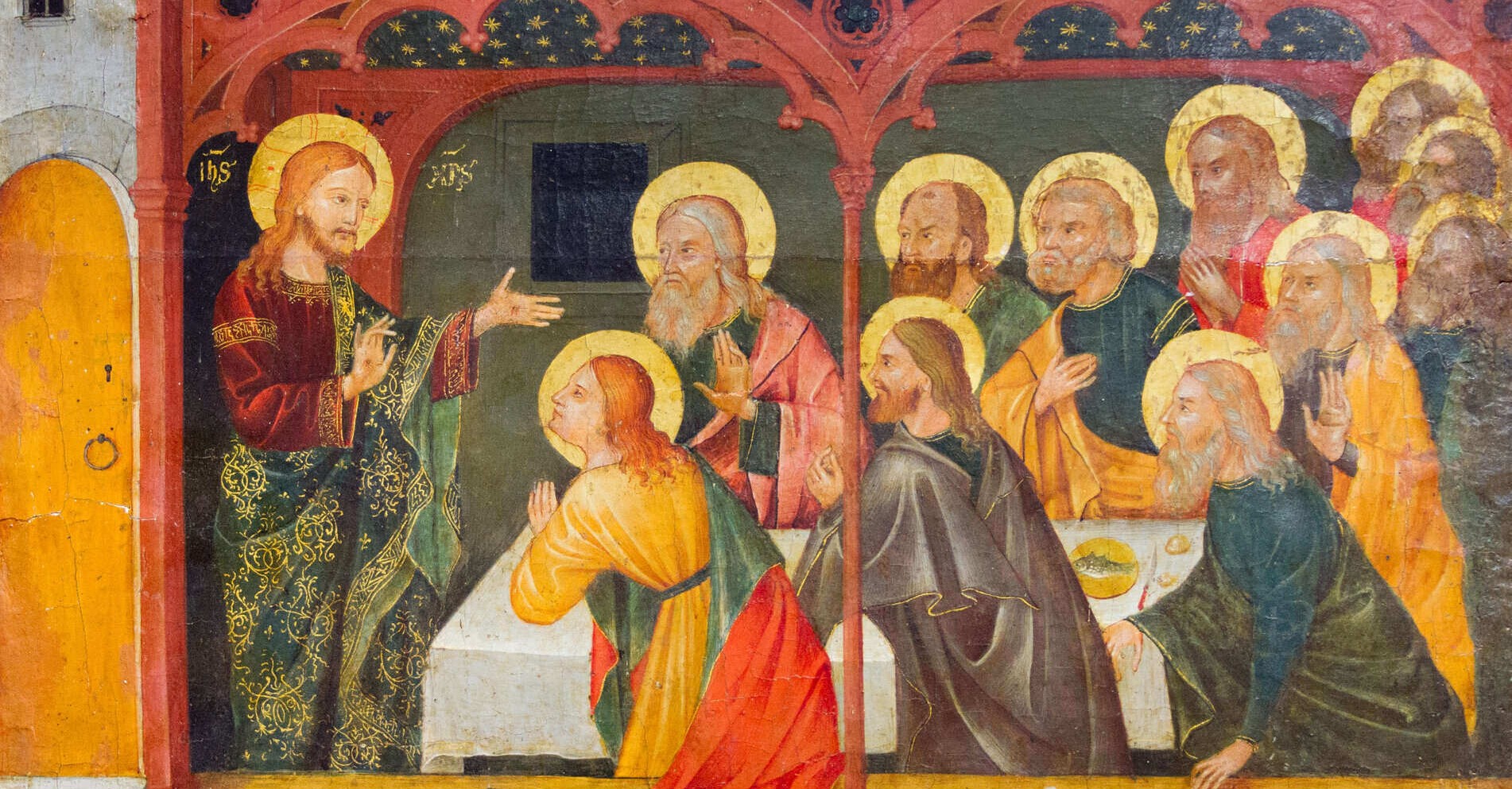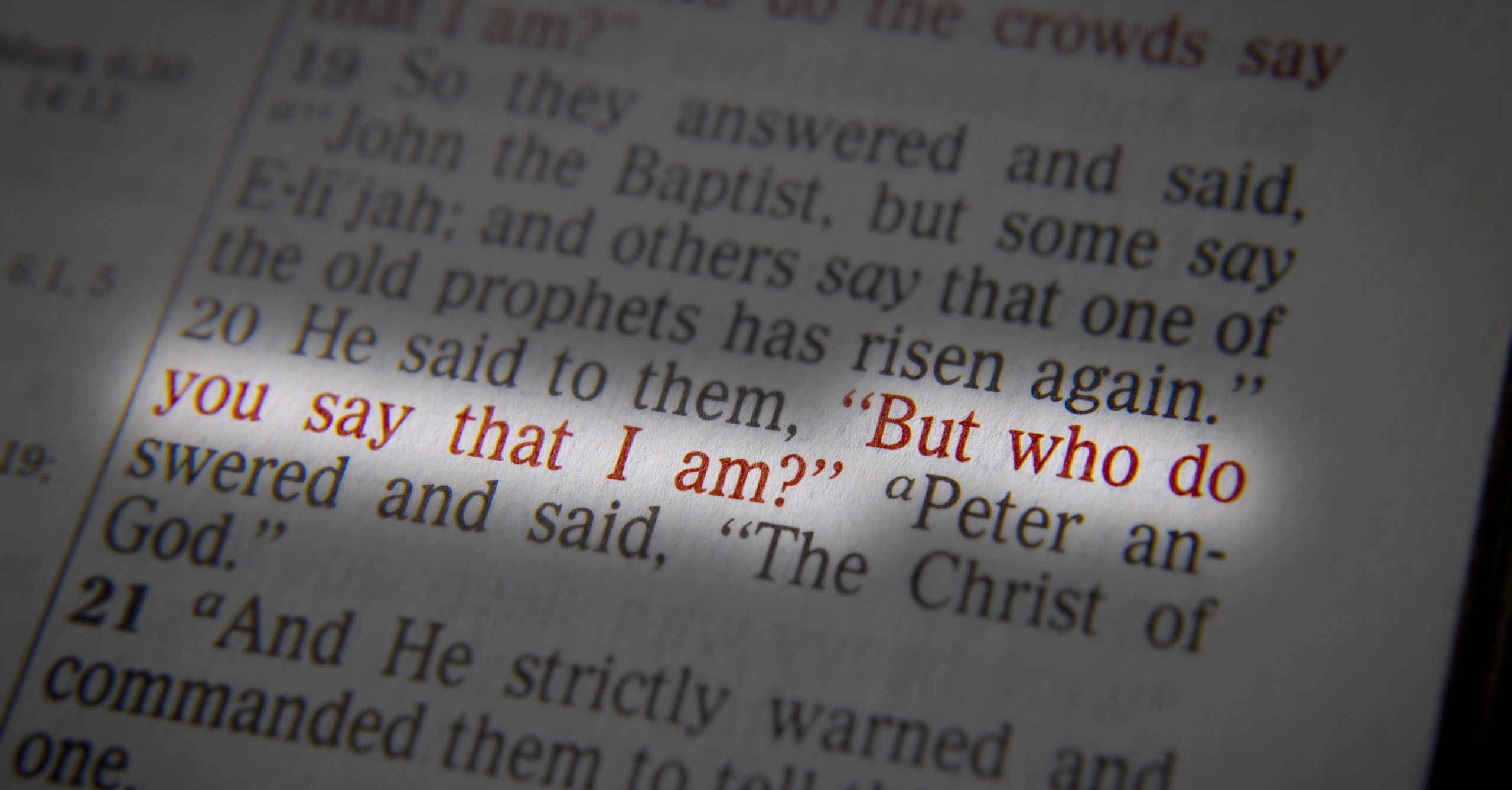3rd Sunday in Lent, 7 March 2021
Beyond the externals, our Lenten journey has to do with the heart. The past few decades have displayed an exponential growth in travel; many people have visited places they would never have imagined. Lent is a journey towards the Paschal feast.
Last week I shared some thoughts from Alexander Schmemann about the importance of desiring God, displayed by Zacchaeus in welcoming Christ and salvation into his home. His desire drew Christ’s attention and placed him on the path of repentance, drawing towards Christ and towards God. As Adam was drawing away from God and driven from the Garden, we draw nearer to God through the cross and the mediation of Jesus Christ.
Christian humility

Today I’d like to share about Christian humility, a necessity for our Lenten journey. Luke 18:10-14 tells the story of two individuals who went to the temple to pray. The Pharisee was a highly respected religious leader, zealous to observe God’s law. The tax collector was despised as a public sinner, collaborating with the Romans and cheating people, corrupt and taking advantage of others. The Pharisee didn’t pray to God but to himself, parading and reciting a list of all his good deeds; by doing so he falsified the meaning and purpose of religious devotion, reducing it to the external observation of the Law and the amount of money he gave to the temple. The sinner, on the other hand, humbled himself, and in humility found justification in God’s eyes.
There’s a common myth that humility is a sign of weakness, so we prop up our own achievements and strengths, which only leads to self-glorification. There’s no question that God created man for greatness – but with the understanding that we can do nothing without Him. Humility is an attitude of lowliness and obedience, grounded in the recognition of one’s status before God as His creation. Numbers 12:3 says Moses was humble; there’s no question that he was a prototype of Christ Jesus. Humility is also grounded upon the affirmation that God Himself is humble.
The cross demonstrates divine humility
Let us look at God the Creator: creation mirrors the Creator, His wisdom, sublime power and beauty; He created everything to be good. Saint Thomas Aquinas said, “If the goodness, beauty and wonder of creatures are so delightful to the human mind, God is the fountainhead of all goodness.” He encourages us to contemplate God as we look upon creation. Saint Paul says there’s no escape for humans; we know there’s a God who created all things: simply look at creation.
Philippians 2:5-11 places before us a contrast: God is the Creator of heaven and earth, yet Jesus Christ demonstrated humility through obedience, by dying on the cross. This is beyond human understanding, which sees a difference between glory and humility – the latter indicating a flaw or deficiency. We can conclude that human ideas of humility are different from God’s. The human idea feeds on publicity, self-affirmation and endless self-praise. The cross of Christ is paradoxically the display of God’s glory. Micah 6:8 was true of the Blessed Virgin Mary, the Mother of Christ, whose humility made her the joy of all creation and the greatest revelation of beauty on earth; it was also true of all the saints.
How does one become humble?
Humility comes from the gift of new life and the fruit of the Holy Spirit; and from contemplating Christ, the divine humility incarnate, who said, “Learn from Me, for I am meek and humble of heart”. Without Christ, true humility is impossible. Christ demonstrated His humility by embracing the cross, His obedient submission to the Father’s will, His willingness to become a human being for humanity’s sake, His freedom from self-interest and His willingness to serve others.
For the Pharisee, even religion becomes pride in human achievements – “Lord, I pray three times a day; look at what I have given; I have obeyed you” – another form of self-glorification. May our Lenten journey begin with a prayer of humility, which puts us on the path of true repentance. C.S. Lewis said, “Humility is not thinking less of yourself; humility is thinking of yourself less”. It’s thinking less and less of one’s self and thinking more of God and of others. Let us avoid the high-flown speech of the Pharisee and instead learn the majesty of the sinner’s humble words. Let’s remember that Christianity has more to do with what God is doing in us than what we do for Him. It requires humility and openness of heart. God doesn’t need to us parade what we have done: we should be more focused on what God is doing in our lives.









